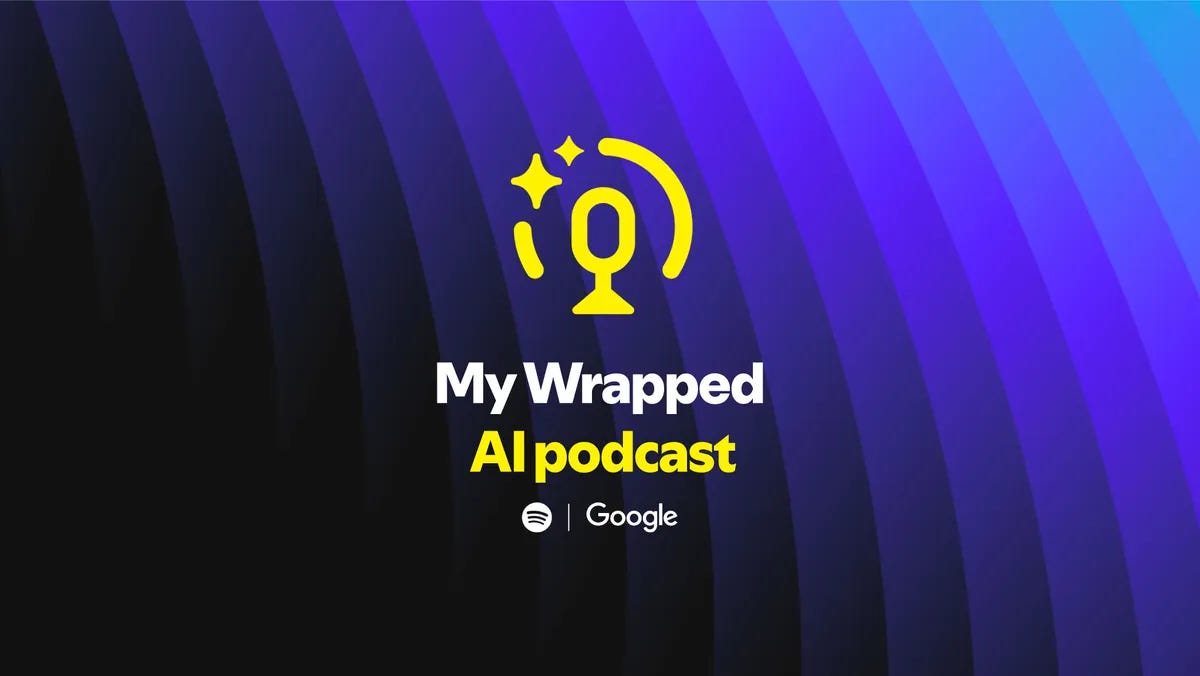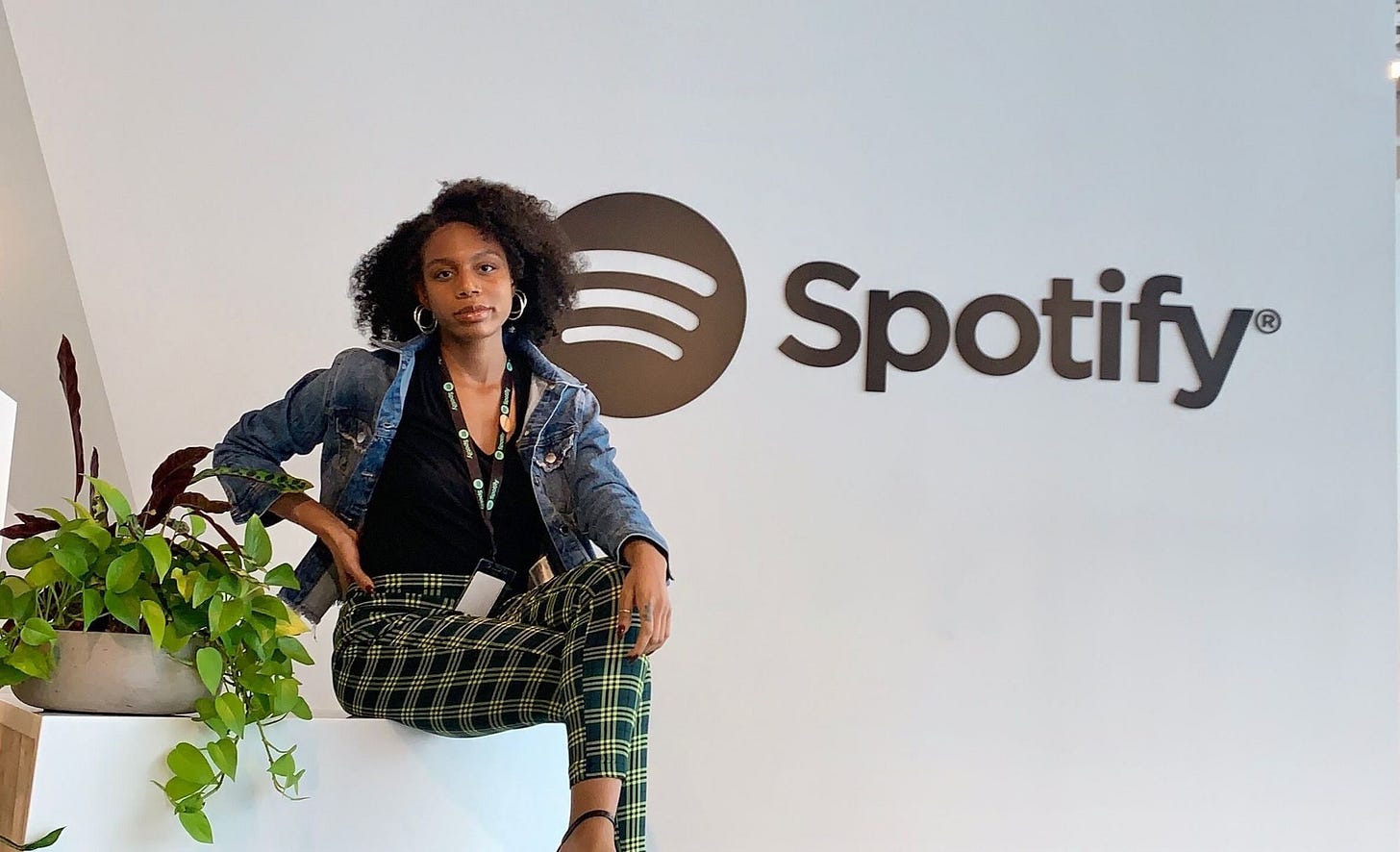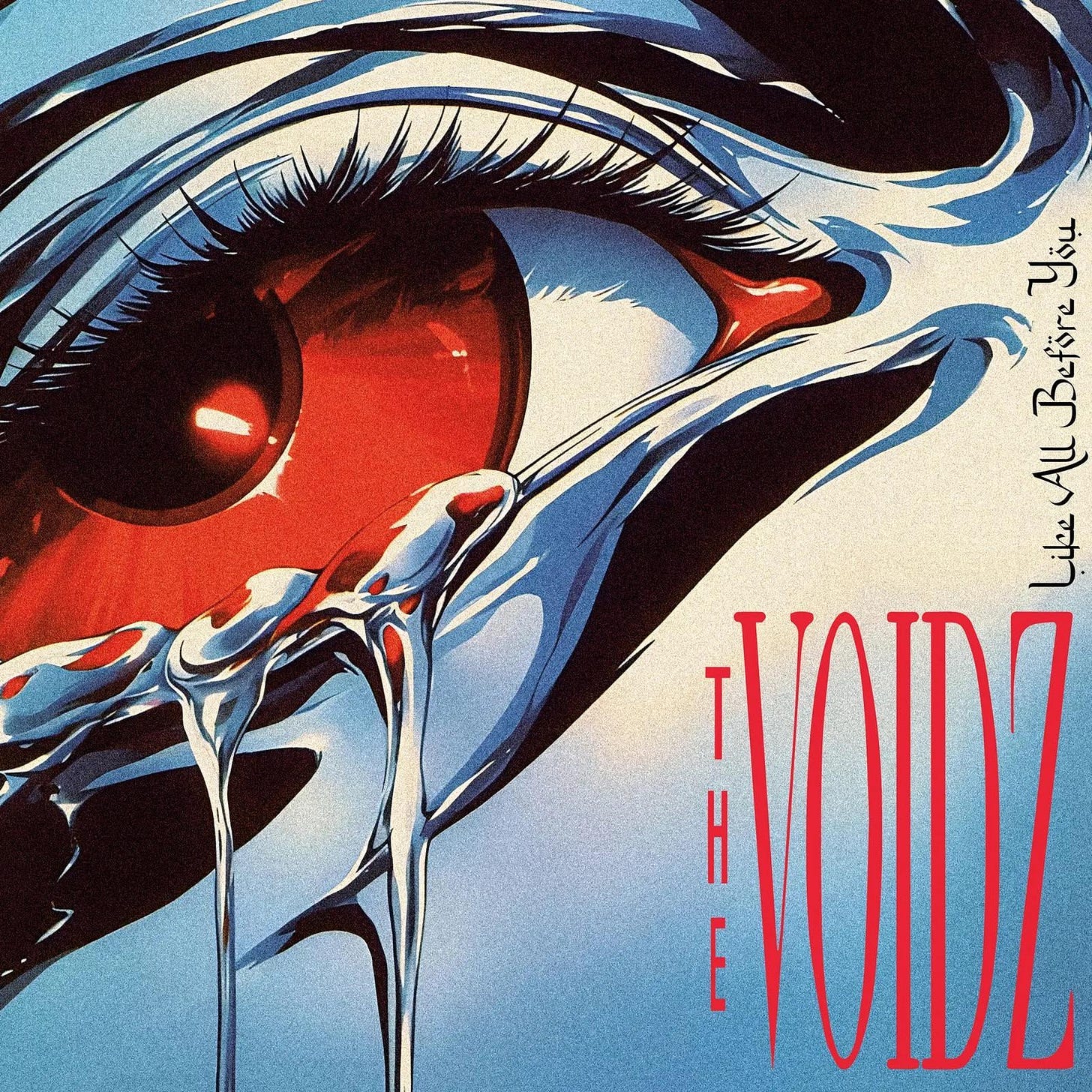2024 Spotify Wrapped and more of AI, laziness and greed killing creativity
The long-awaited annual listening summary this year was met with a lot of negative reactions, and for good reason. It falls within a larger, extremely discouraging trend.
Spotify Wrapped, the streaming platform’s yearly collection of users’ most played songs, artists and so on, is an event a lot of people wait for like it was Christmas. This year, of course, was no different; many were going online every day to beg Spotify for even just a release date for one of their most famous features. The extra delay, all the way into December, got a lot of people even more excited - if it’s taking longer, surely Spotify must be adding some crazy features to Wrapped this year, right?!
And then Wrapped actually came out, on December 4th. And once the initial euphoria from the event had worn off, people looked around at each other and collectively went “wait, that’s really it?”
Quite frankly, this year’s Wrapped was terrible. Putting aside the fact that a lot of people got results that did not in any way correspond to their actual listening - with songs they’d never heard in their top 5, their Yearly Top 100 playlist out of order, their most played artists all wrong, and so on - Spotify straight up just removed features that were perfectly fine as they were. Gone were users’ most played genres; gone was last year’s really fun “listening characters”. Instead, users were “treated” to Spotify’s brand new feature - an AI podcast in collaboration with Google, where two AI hosts talked about your music taste, and likely butchered the names of every artist and song you had if they weren’t in English. Even then, the “podcast” wasn’t available to EU users, because the data Google collected for it violated EU data privacy laws.
A whole other AI-infused mess, of course, were the incredibly stupid names for “your music evolution” - a feature which selectively told users what artists they played a lot in certain months, and which replaced last year’s great feature of telling you which month you played each of your top 5 artists in the most. Seriously, can someone explain to me what the hell “Pixie Guidance Pop-Punk” even means?
Or, I didn’t get this one, but seemingly everyone else did - “Pink Pilates Princess ___”. What does that mean? I don’t think anybody has a proper answer - not even the AI that generated these (I suspect, the same AI as the one that puts the most insane names imaginable on Spotify’s Daylists - “van life wanderlust thursday morning”, anyone?).
Of course, this just once again exposes an issue that I have with a lot of things in modern media - AI ruining things that were perfectly good enough without its “enhancements”, due to the greed and laziness of people who have way too much money already anyway. Spotify is, let’s be honest, a horrible company. Its top executives get paid hundreds of millions of dollars a year; meanwhile, their payouts to artists from streams on their gigantic platform are so infinitesimal that it feels like they have genuine contempt for the people making their service possible in the first place. Of course, it’s cheaper and easier to let AI come up with whatever random nonsense first pops out of it than to pay humans to come up with some fun ideas for the new year’s Wrapped. Wrapped itself was apparently conceived by Jewel Ham, who was an intern at the time, and says she never got credit for it, which is right within my vision of Spotify as the average dystopian massive corporation.
And this applies across so many places where creative people could, and should be involved, but where huge entities with abundant funds prefer to go for the easier option of using AI and saving money. Coca-Cola, for example, elected this year to make their iconic Christmas advertisements using AI, citing costs and time consumption as the reasons for them coming out with the uncanny monstrosity that resulted. Costs and time consumption? Seriously? This is Coca-Cola we’re talking about, a company whose market cap is well north of 250 billion dollars, and which claims on its own website to, along with its bottling partners, employ over 700 thousand people. I refuse to believe that making the Christmas ads like they always have would’ve had any noticeable impact on company efficiency or time, or on their profits for the year. It would’ve been miniscule. But greed won, and they chose AI.

This isn’t just limited to corporations though, of course. For instance, the veteran British synth-pop duo Tears for Fears, best known for their classic 1985 hit “Everybody Wants to Rule the World”, faced immense, and deserved, criticism and controversy earlier this year, when they presented the album cover for their new record “Songs For A Nervous Planet” - which had clearly been made by AI. The band’s very weak defense was that AI was just “one of the tools” used by the artist who made the cover; the artist themselves describe their work as “work made by AI using human imagination”. Now I don’t know about you, but that sounds like vague buzzword-ladened excuses and panicked damage control to me. There is no human imagination in AI “art” - it’s just a dry, soulless drawing of whatever text you typed in. Sure, getting the prompt just right isn’t easy, but that’s not something I’m willing to applaud as a skill on the same level as actually making the art yourself, without AI’s “help”.
Even putting the ethics aside, it’s just not good aesthetically - look at this image. It looks so cheap and ugly.
I’m not saying the use of AI is completely unacceptable. If you’re a small artist, and you don’t have the funds to be paying an artist to make a cover for you, I think it’s somewhat understandable to use AI. Even then, though, I still think there are plenty of small artists who will do covers for very low prices, or even for free; AI should only ever be a last resort, even for small, independent artists. But Tears for Fears aren’t small, independent artists. Neither are The Strokes frontman Julian Casablancas’ second band The Voidz, whose album cover from this year’s project “Like All Before You” was also clearly AI-generated (and also hideous).
But AI covers are free, and instantaneous, while artists charge money for art, and take time to complete it. And there it is - the ever-present spirit of minimizing time and money spent on something, the greed and impatience imposed on everything.
Now, I’m biased in all of this, of course. I’m a musician, and AI services like Suno or Udio, which can generate [mostly] scarily realistic-sounding songs for you in minutes, horrify me quite a bit. I love music - it’s the most important thing in my life; so the thought that, as soon as musical generative AI gets good enough to not sound robotic, when developers sand down the rough edges that its content has now, record labels will not hesitate for a second to switch almost exclusively to AI-generated “artists”, and start pushing out AI-generated “music” through similarly AI-powered algorithms on apps like Spotify. The music won’t need to have lasting impact, or be profound in any way - it will just need to be catchy enough to be a brief TikTok trend, get a couple hundred million streams off of it, and make the label bank through it.
Of course, even if that was to happen, which, I guess it’s not that likely - it won’t affect already established artists. People like Taylor Swift or The Weeknd won’t lose any fans to AI-generated counterparts. But smaller artists, like me, like many people that I know, will have the door to the top - which is already open only an extremely narrow crack - slammed in their faces, because it’s much easier and cheaper to “find” and “sign” AI than them. Also, if AI gets inconspicuous enough, big artists will almost certainly use it to make more music at a higher pace and volume, so their fans buy even more records. The idea of living in a world where I turn on an album and I’m not sure if the real person is singing or not terrifies me. I really hope that world is not one we ever have to live in.
In conclusion, yeah, this year’s Spotify Wrapped was awful, and Spotify should, but absolutely will not, be ashamed of themselves for putting as little effort into it as they did, and using AI for as much of it as they did. But they’re far from the only ones. The direction which creative media is going in is an extremely concerning one. How long until we have AI journalists reviewing an AI album with AI artwork? Hopefully an eternity, or at least longer than I have on this planet, because that’s something I’d absolutely hate to see happen. While we are here though, I encourage everybody to support those who make genuine, human creative media in any way you can. Consume their art, offer them words of encouragement; if you have the funds, buy their merch if they have any, or donate to support the continuation of their work; share their work around, so more people can find out about it - maybe they’ll find their new favorite musician, or artist, or writer. Or maybe you will yourself. This is not a call to boycott anybody - Spotify, Coca-Cola, Tears For Fears, The Voidz or whoever else. It’s simply a call to remember about the significance of art.
Art is one of the most important things about the human experience, it’s a beautiful part of life, and something we need to remind us of our humanity. It’s a reflection of our souls - our thoughts and feelings, our love and heartbreak, our protest and pride. AI doesn’t have a soul, and it doesn’t feel anything. It’s an algorithm designed to make things using the examples of art that its developers probably used to train it without the original artists’ consent. Plus, AI is horrible for the environment. Support ethical, real art. And pirate Spotify. They don’t deserve your money1.
For legal reasons, this is a joke. Piracy is wrong, and illegal, and you should always pay for the services that you use. Spotify Technology S.A. falls within this, of course, and I am not encouraging to use their app or web service without paying for it. Please don’t sue me.








